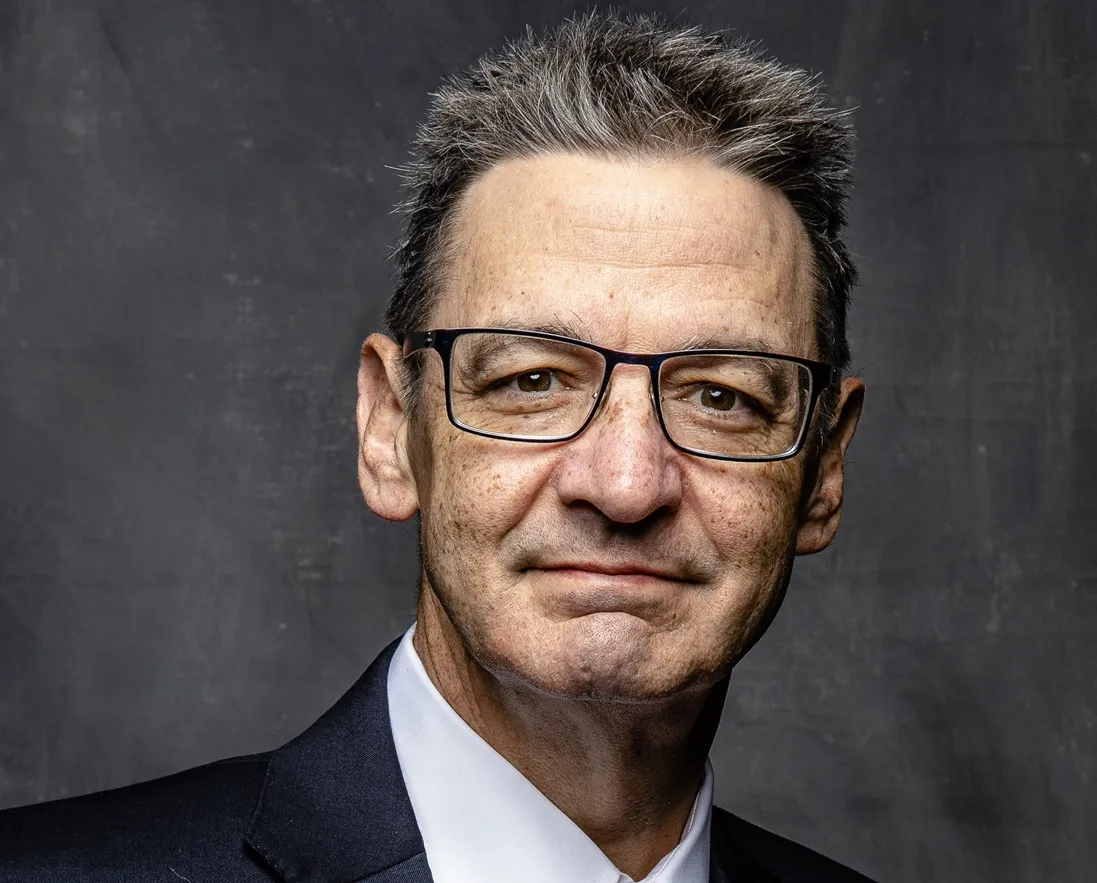Direct from ITS World Congress 2019
The ITS industry is coming into an exciting new phase of genuine cooperation which will benefit users, says
“I feel we are now truly bringing people together in a collaborative approach to multimodal mobility,” he says.
“This has been a dream since the inception of World Congress 25 years ago. We have these broad constituencies: mobility, communications, computer processing, machine learning and AI, connected and autonomous vehicles – all with the focus on the end user.”
“This is the first time we have seen the ‘green shoots’,” he says. “The stars are aligned – the parties have been collaborating and they see the way forward. Now we can hear each other, we can take away some nuggets.”
The signs have been there over the last few years, but he thinks Singapore marks a turning point.
“In the last two or three World Congresses we’ve been discussing MaaS, edge computing, machine learning and AI,” he continues. “We now see government agencies and private firms working together and implementing this. That is what we will see more and more.”









